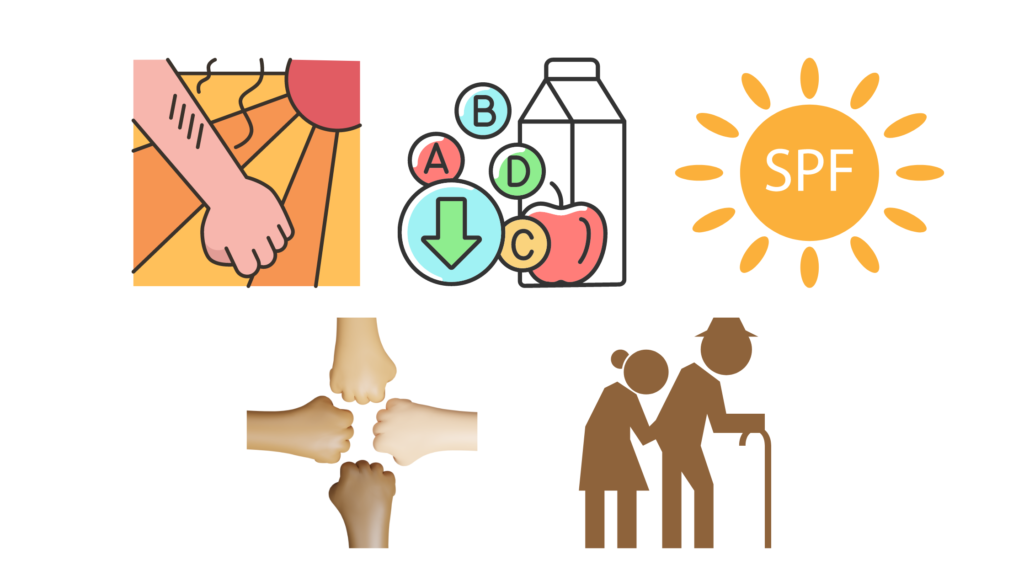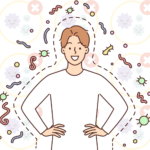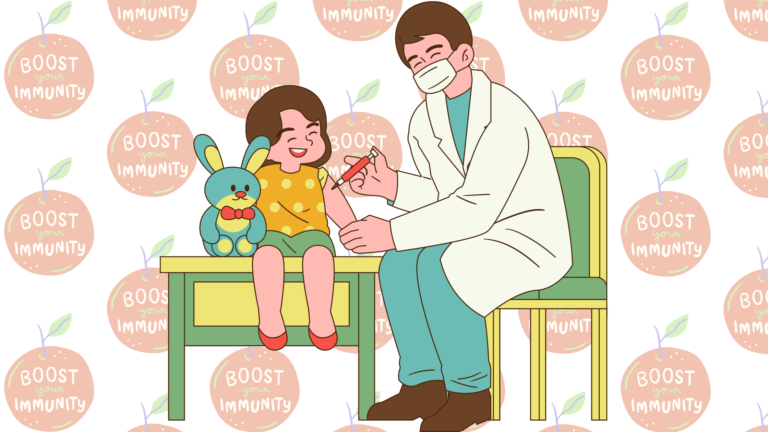
Berdi
urinary Track Health
In the realm of essential nutrients, Vitamin D3 takes centre stage, playing a crucial role in maintaining overall health. Often referred to as the “sunshine vitamin,” it is synthesised in the skin upon exposure to sunlight. Despite its importance, a significant number of people worldwide suffer from Vitamin D3 deficiency, leading to a range of health issues.
This article delves into the symptoms, causes, and preventive measures associated with Vitamin D3 deficiency.
Vitamin D3, scientifically known as cholecalciferol, belongs to the fat-soluble vitamin family. It plays a vital role in calcium absorption and bone health. The skin produces Vitamin D3 when exposed to ultraviolet B (UVB) rays from the sun. Once formed, it undergoes two hydroxylation processes—first in the liver and then in the kidneys—to become an active form, calcitriol. This active form regulates calcium and phosphorus levels in the body, essential for maintaining bone health and supporting various physiological functions.
Vitamin D deficiency occurs when there is an inadequate level of vitamin D in the body, leading to various health problems. Vitamin D is crucial for the absorption of calcium and phosphorus in the intestines, which is essential for maintaining healthy bones and teeth. Additionally, it plays a role in supporting the immune system, muscle function, and overall well-being.

Vitamin D deficiency is strongly associated with bone-related problems, such as osteoporosis and an increased risk of fractures. Studies have shown that adequate vitamin D levels are crucial for maintaining bone density and preventing fractures.
Research suggests that vitamin D deficiency may be linked to an increased risk of chronic diseases, including cardiovascular diseases, diabetes, and certain cancers. For example, a meta-analysis by Wang L et al. investigated the relationship between vitamin D levels and cardiovascular disease, suggesting a potential protective effect.
Vitamin D plays a crucial role in supporting the immune system. Research in the Journal of Investigative Medicine shows the significance of vitamin D in immune function and its potential impact on autoimmune diseases.
Inadequate vitamin D levels have been linked to muscle weakness. Studies, such as the one in the New England Journal of Medicine (NEJM) found that vitamin D supplementation reduces the risk of falls in older individuals and lowers the risk of fractures, highlighting the role of vitamin D in muscle function.

Treatment often involves vitamin D supplementation, either through dietary sources or supplements. Prevention includes maintaining a balanced diet, ensuring adequate sun exposure, especially during the summer months, and addressing underlying medical conditions that may affect vitamin D absorption.
While obtaining Vitamin D from natural sources is ideal, supplements become necessary in cases of deficiency or for individuals with limited sun exposure. Route2Health’s Vitamin D3 supplement provides 5000 IU of vitamin D3. These little powerhouses are packed with all the sunshiny goodness you need to support strong bones, a healthy immune system, and a happy mood.
In conclusion, maintaining optimal Vitamin D3 levels is essential for overall well-being. The multifaceted benefits of this vitamin underscore its significance in preventive healthcare. Adequate sunlight exposure, a balanced diet, and, when necessary, judicious supplementation can collectively contribute to addressing Vitamin D deficiency and promoting a healthier lifestyle.
Spending 10-30 minutes in the sun, exposing arms and face, a few times a week can help produce Vitamin D.
Symptoms include fatigue, muscle weakness, bone pain, and increased susceptibility to infections.
While fatty fish and fortified foods contribute, sunlight and supplements may be necessary to meet optimal levels.
Yes, individuals with limited sun exposure, darker skin tones, and certain medical conditions are at higher risk of vitamin D deficiency.
Vitamin D3 toxicity is not very common. However, excessive supplementation for long can lead to toxicity, emphasising the importance of consulting healthcare professionals for dosage guidance.











©2023 Route2Health®️
NTN: 2229383
AN ASSOCIATED COMPANY OF HIGHNOON LABORATORIES
STRN: 0301999937728

WhatsApp us
